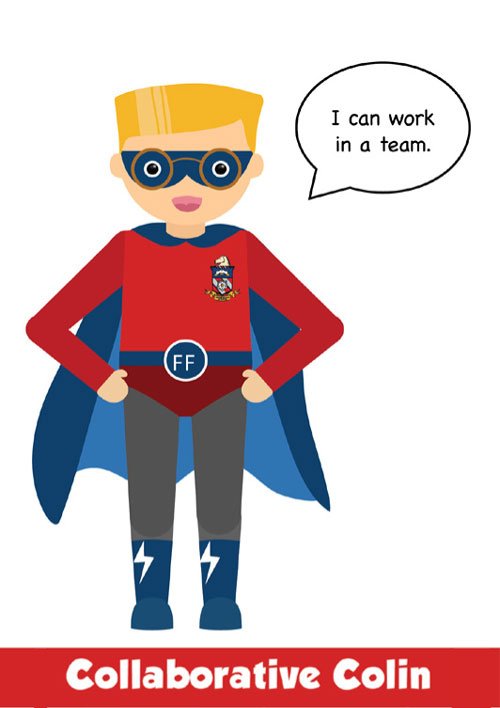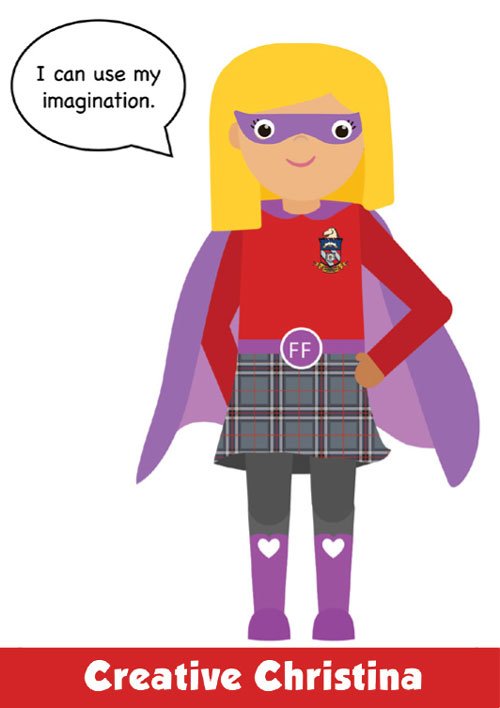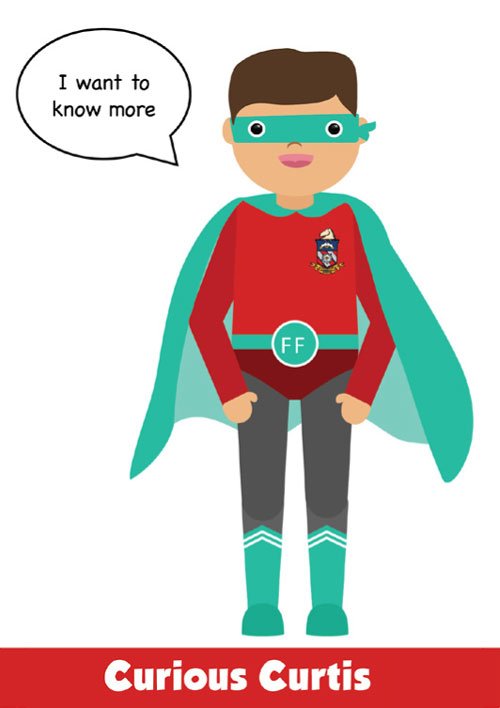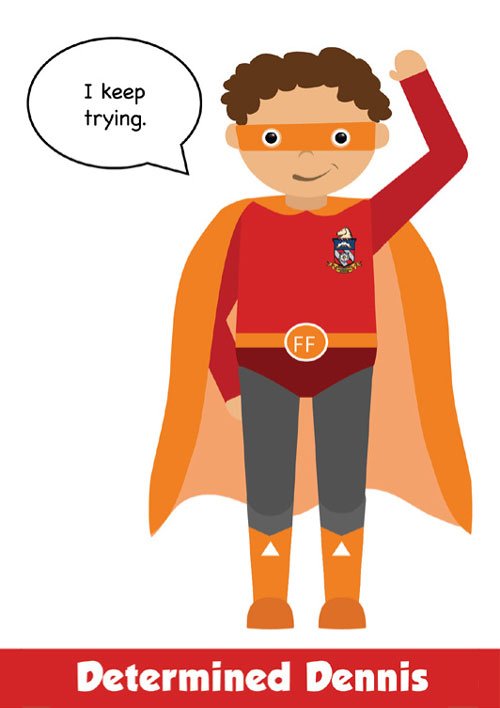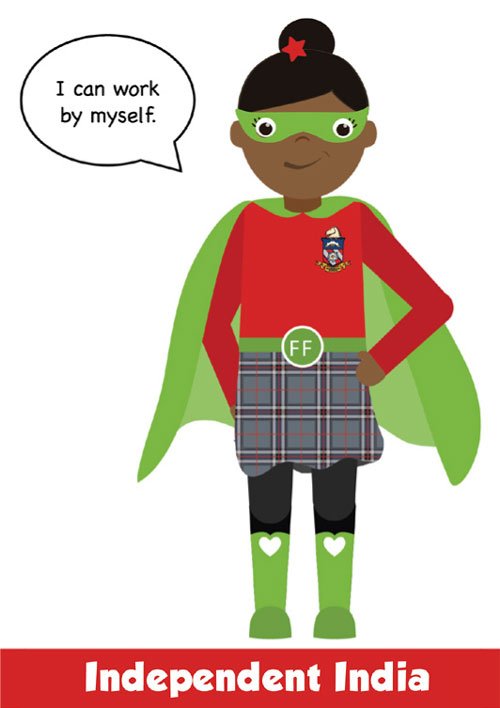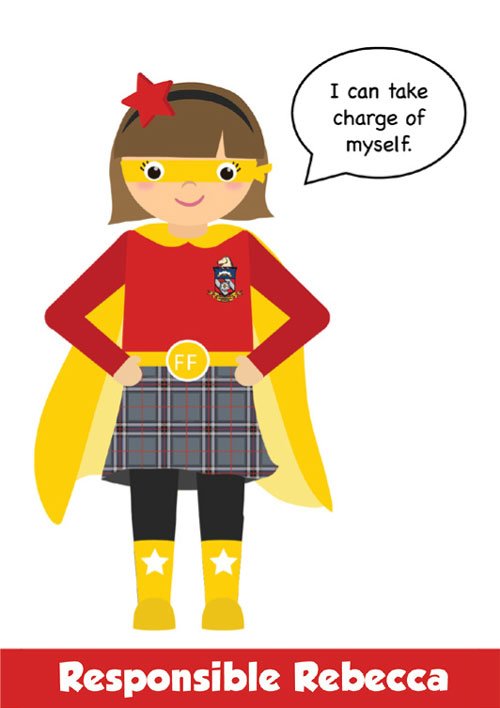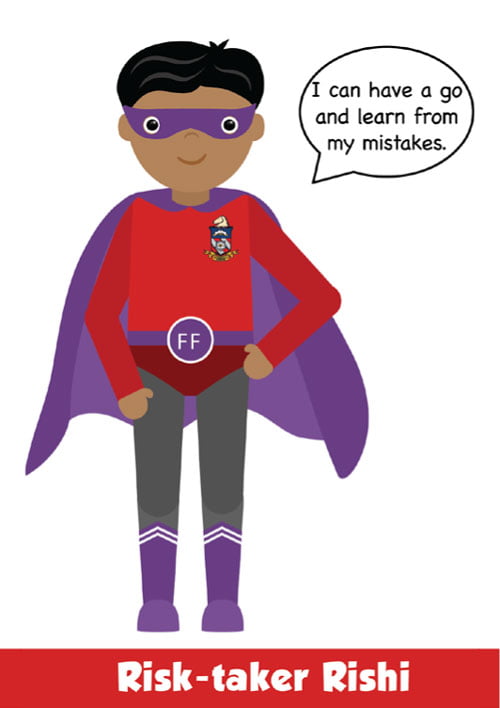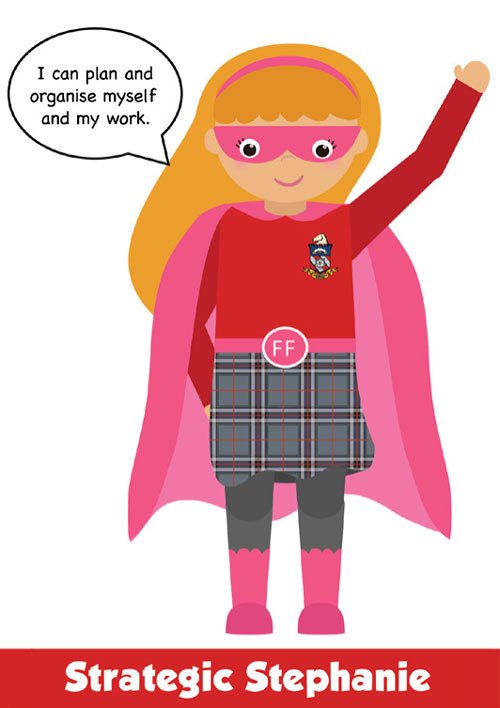‘Kindful’ Kids
This week is Children’s Mental Health Week and in school we shall be focusing on this year’s theme of ‘spreading a little kindness’ (#alittlekindness)
You may have noticed on the internet and social media that there are a number of movements across the world, such as www.randomactsofkindness.org all of which encourage showing kindness towards others.
From their beginnings in Lower Kindergarten at The Froebelian School, we teach the children the value of kindness and its importance in a caring and civilised community; modelling this in our daily interactions with them. However, while our children generally treat each other kindly, some children are not showing this kindness towards themselves. They may say that they are rubbish at maths or spelling or state they feel stupid when they don’t understand something new. They can be quick to criticise themselves if they do not perform as well as they hoped in a lesson, a test or a sports fixture. As they get older, social media can reinforce these messages as they start to compare themselves more critically with their peers.
Just as charity starts at home, kindness must start from within. Developing a growth mindset and growing the necessary resilience or ‘mental toughness’ to meet the challenges they face, is a life-skill learning opportunity for our staff to address.
You may be thinking that children at our school are not at risk of developing mental health issues. Increased rates of mental health issues in children have been making national headlines over the last year or so and the statistics are worrying:
- One in ten children aged between 5 and 16 years (three in an average classroom) has a mental health problem, and many continue to have these problems into adulthood.
- Over 8,000 children aged under 10 years old suffer from severe depression.
- Over half of all mental ill health starts before the age of 14 years, and 75% has developed by the age of 18.
- More than half of all adults with mental health problems were diagnosed in childhood. Less than half were treated appropriately at the time.
- Children are less likely to suffer from serious mental health difficulties in later life if they receive support at an early age.
Growing evidence indicates that promoting positive mental health also improves a range of positive school outcomes, including attitudes to learning, better attendance and improved behaviours.
Dame Benny Refson, DBE, president of Place2Be – a national charity providing emotional support to children in schools states:
‘During their first eleven years, one in five children will experience a mental health difficulty. Children who are distracted and unable to deal with their worries will not be able to engage with their learning and reach their full potential. We all need good mental health to engage positively with our lives, have a sense of hope and optimism and develop the resilience we need to cope with life’s problems. These are vital life skills to help us through childhood and into adulthood and underpin successful relationships, engagement with learning and ultimately help us develop into thriving, flourishing adults who can face the world with a sense of confidence and self-belief.’
The practice of mindfulness, a key component of our PSHEE Jigsaw Scheme, is partly based on the concept that true happiness comes when we demonstrate kindness and compassion towards ourselves and others. As well as being mindful, our children also need to be ‘kindful’ as psychologists believe that the ability to empathise, connect and co-operate is just as hard-wired as our ‘fight or flight’ response.
Kindness is a soft skill that we can practise and grow. Next week, we will be talking to the children about proactive ways in which they can put kindness into action. We will be posting our activities through the week on Facebook (@FroebelianSchool) and Twitter (@FroebelianS) – watch out for your children flexing their kindness muscle at home too!

